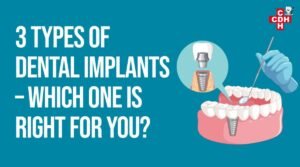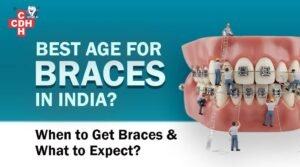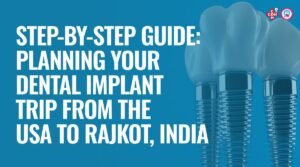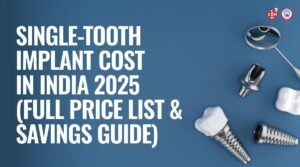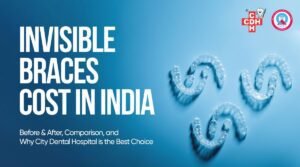An untimely dental emergency can strike anyone. It may issue panic if you’re unfamiliar with the urgent steps that a dental emergency demands. This case is extreme during this pandemic as you have to adhere to various restrictions while planning an emergency dental appointment.
Now, it is essential that you first know what constitutes a dental emergency to avoid unnecessary panic-driven dental trips. The first step should be to ascertain whether your oral health problem is a dental emergency or not.
What Is A Dental Emergency?
In general, all situations in which your dental problems cause uncontrollable bleeding, excruciating pain, or tooth loss are classified as dental emergencies. They necessitate emergency treatment. If you’re experiencing these symptoms continuously, contact your dentist immediately for a treatment plan to avoid permanent damage to your oral health.
Some dental problems are treatable at home during this pandemic
To avoid raising false alarms, cross out these symptoms from your Dental Emergency list:
- Minor toothache which comes and goes
- Sensitive teeth
- Mouth ulcers present for less than ten days
- A broken or chipped tooth that isn’t a cause of pain
Common Dental Emergencies (And What To Do)
Chipped or Broken Tooth
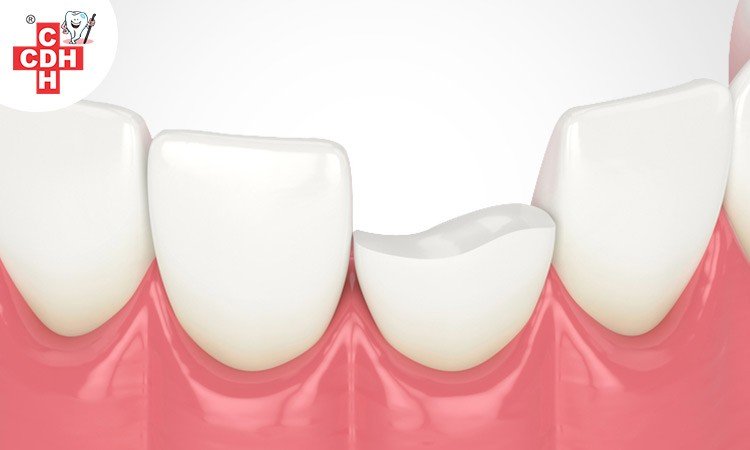
If your chipped or broken tooth is a cause of continuous pain, it is classified as a dental emergency. Its sharp edges left inside your mouth can lead to severe trauma to your cheeks and mouth. To prevent further damage to your teeth and oral care, wash the site of the accident clean with warm water. Furthermore, don’t waste any time connecting with your dentist for proper care.
Your tooth can break if you awkwardly bite down on hard food. Also, weakened tooth enamel—caused by unhealthy eating habits—easily cracks down. Sometimes, your dentist can detect early signs of these emergencies. So, it’s better to be present at your regular round of dental check-ups to prevent dental emergencies to some extent.
Toothache

A toothache may have underlying causes like exposed dentin, worn-out enamel, cracked filling, or a cavity. When you see signs of swelling along with a constant toothache, you must book a dental appointment.
During the waiting period, avoid taking painkillers as they can harm the affected gums. In toothaches, a timely dental treatment helps prevent long-term disorders of your teeth and oral care.
Lost Filling or Crown
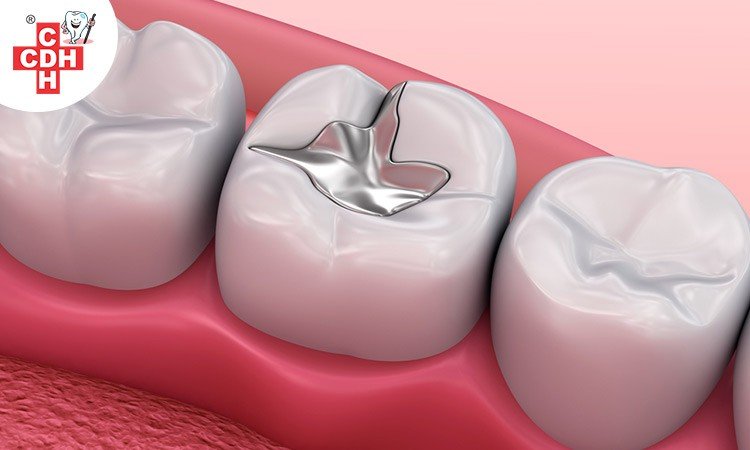
We can’t stress enough the gravity of an urgent dental appointment when your filling or crown breaks. Don’t try to temporarily fix the tooth yourself as it can cause further damage, not repair.
The best solution is to go to your dentist for restoration.
Loose or Broken Orthodontics
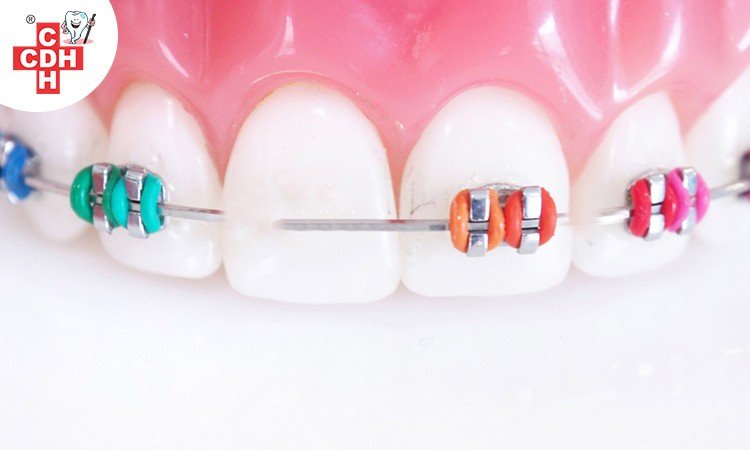
Your braces may perchance break or become loose.
The non-stop poking of broken braces causes constant discomfort to your cheeks. It can even give rise to the opposite of the desired aligning effects.
When you cannot reposition the braces, connect with your dentist to avoid any lag in the teeth aligning process.
Dental Abscess
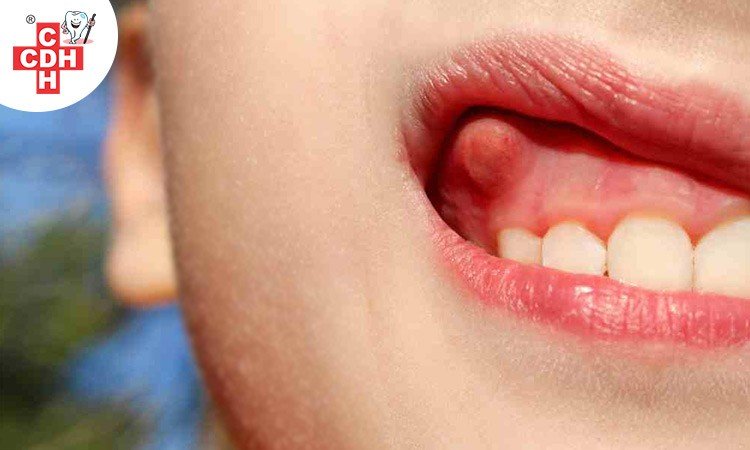
A dental abscess is an oral infection between teeth and gums or near the root of a tooth. It shows up as swelling—filled with pus—on your gums. Neglecting tooth decay and gum infections for a long time can lead to the spread of this infection to surrounding teeth and gums, and other parts of your face and neck.
As one of the leading dental hospitals in India, we offer the safest & fastest treatment for infectious dental abscesses. To avoid its spread, contact us as soon as you see any early signs.
We’re dedicated to putting a quick stop to all your dental emergencies, even during this pandemic. So, contact us immediately if you’re concerned about the developing symptoms of any of the above Dental Emergencies.




